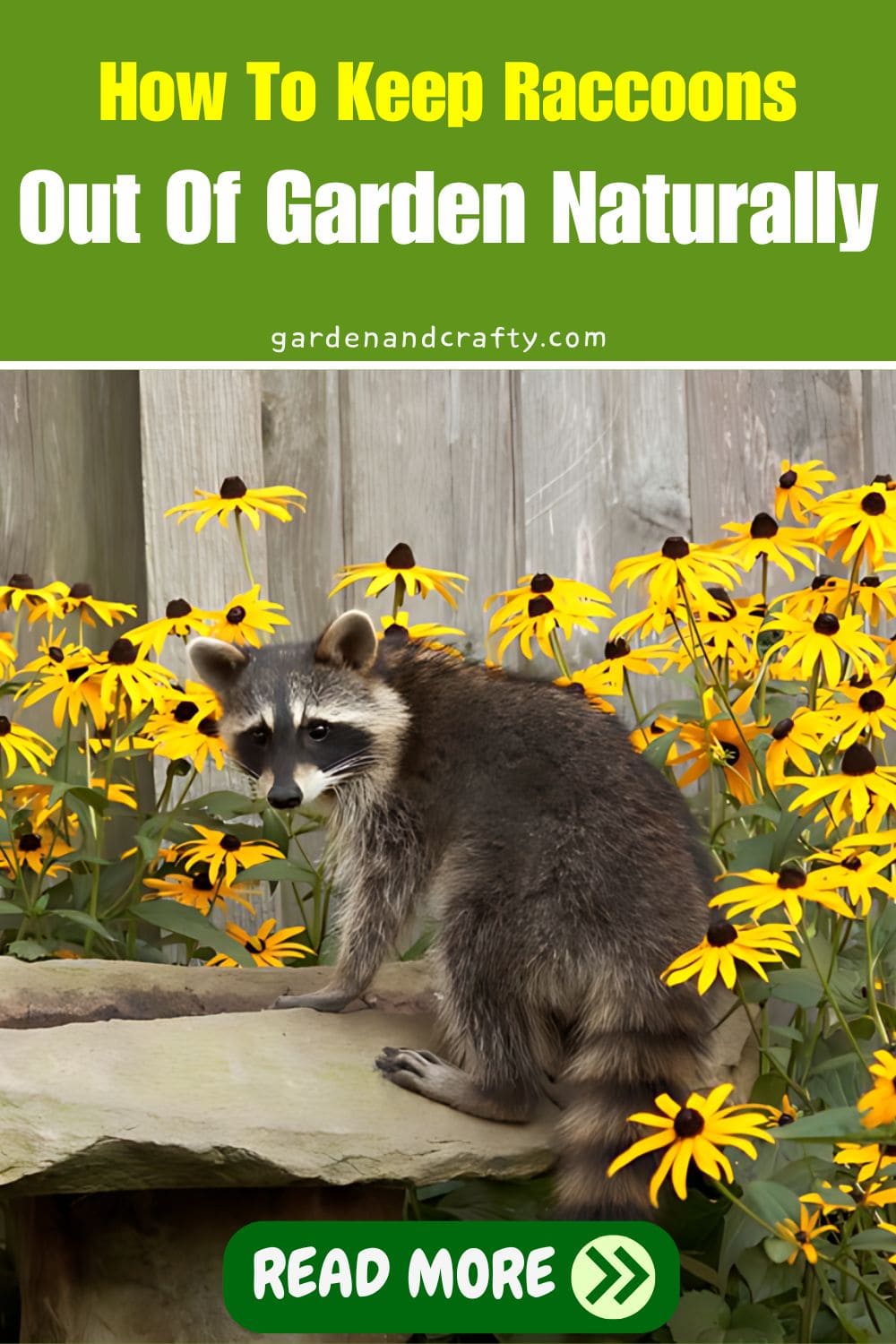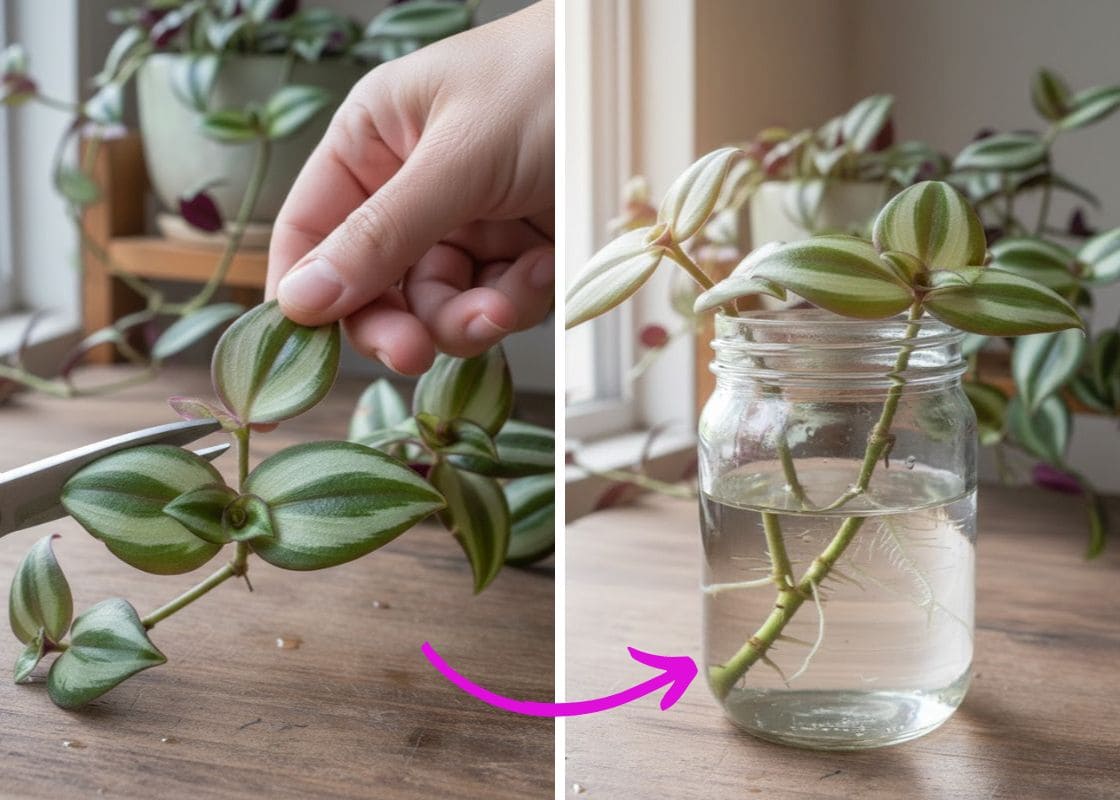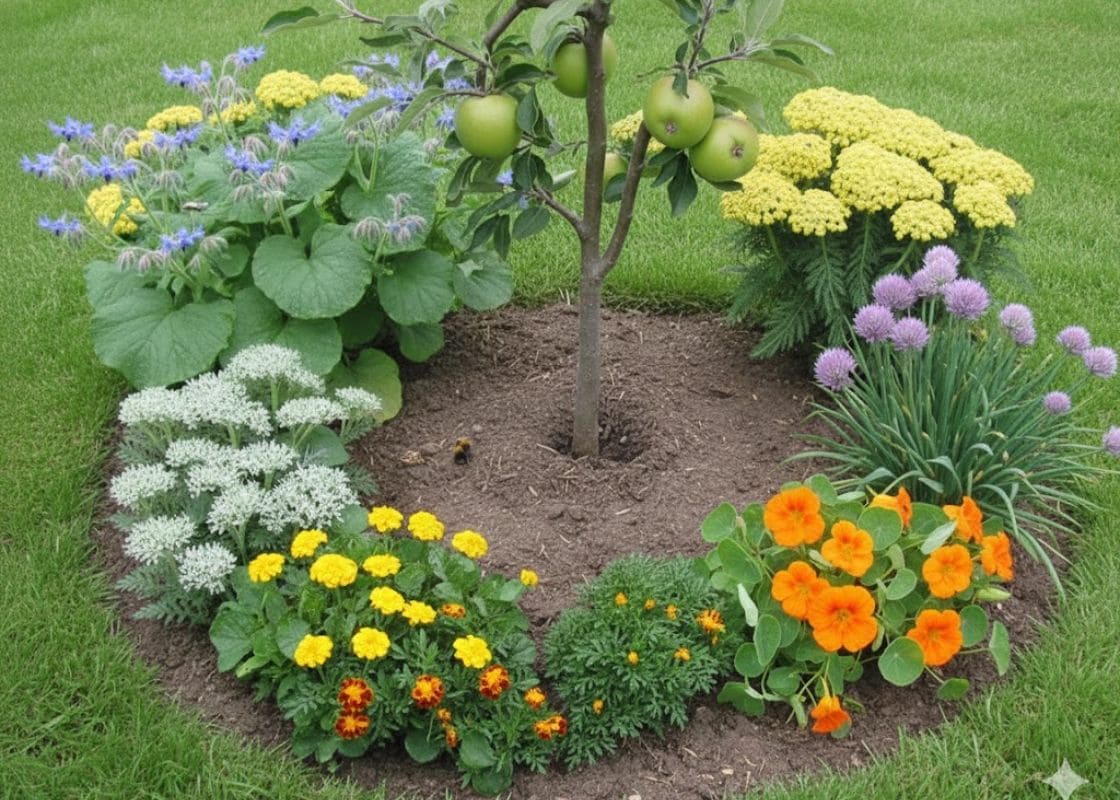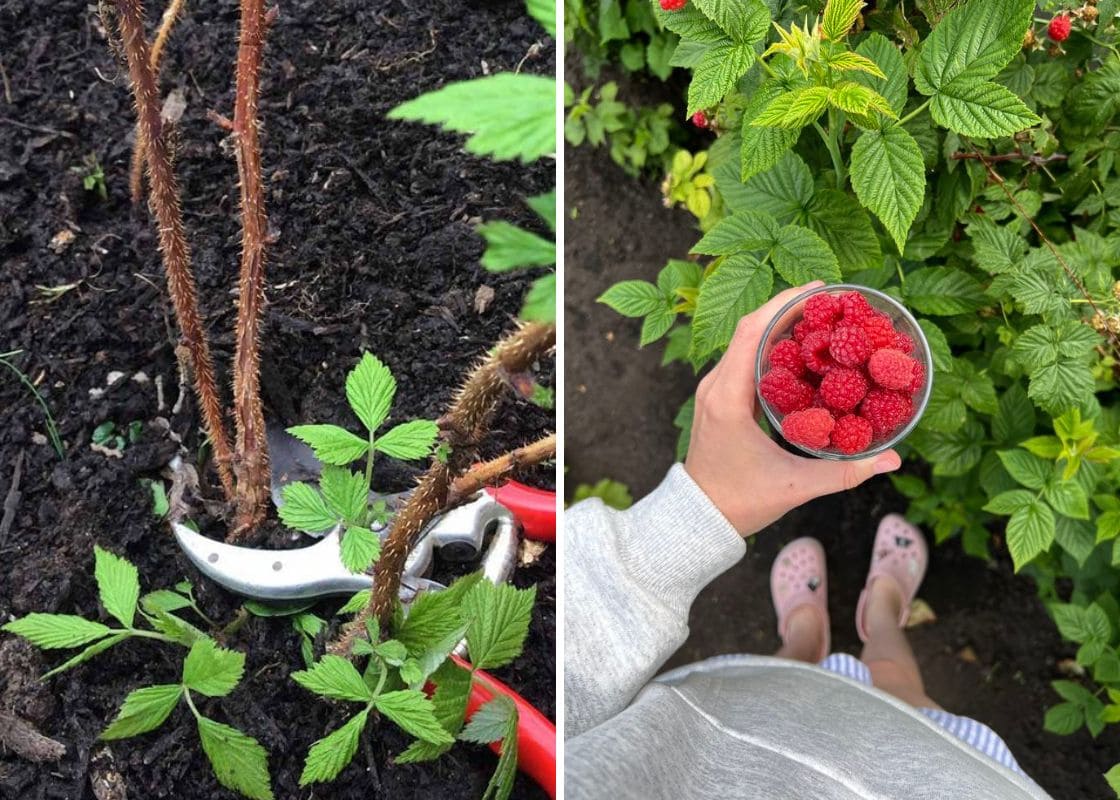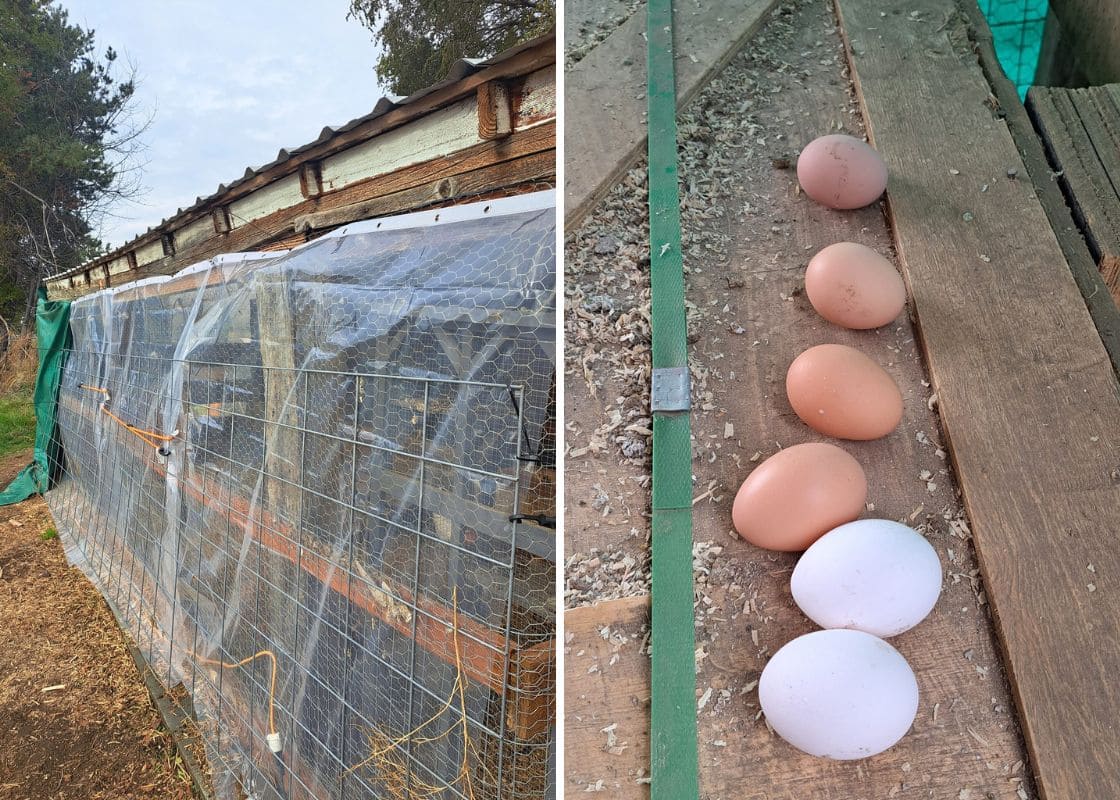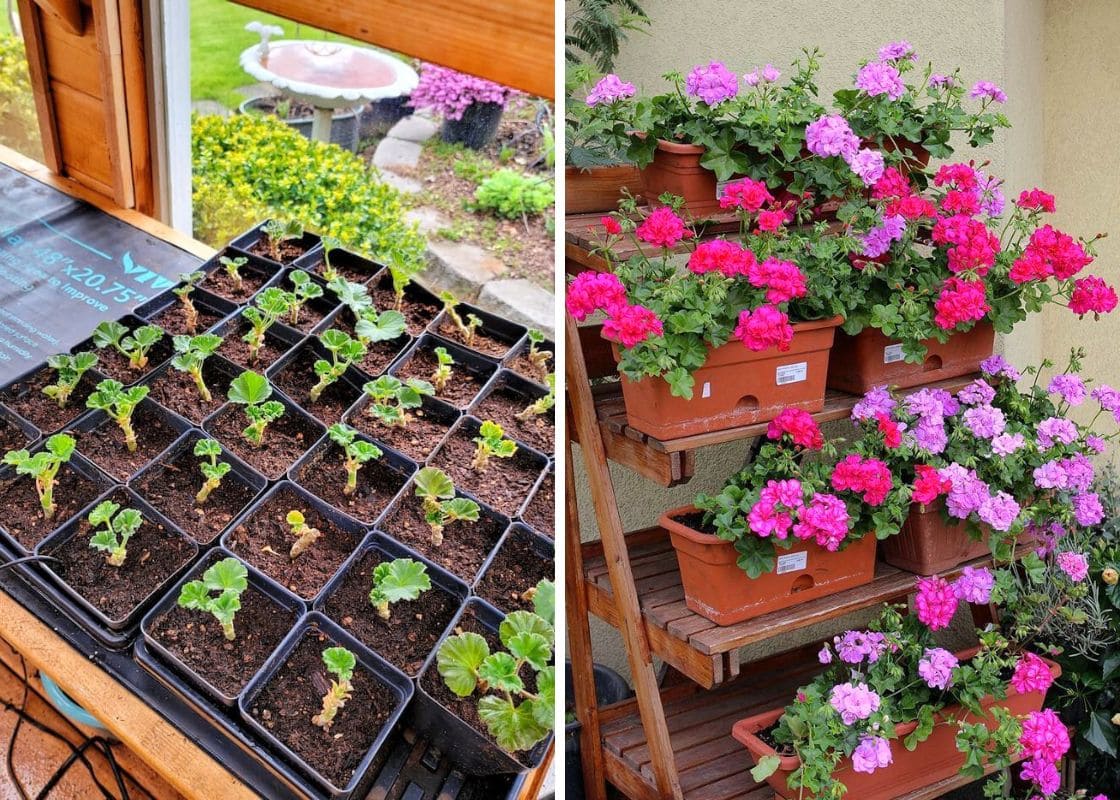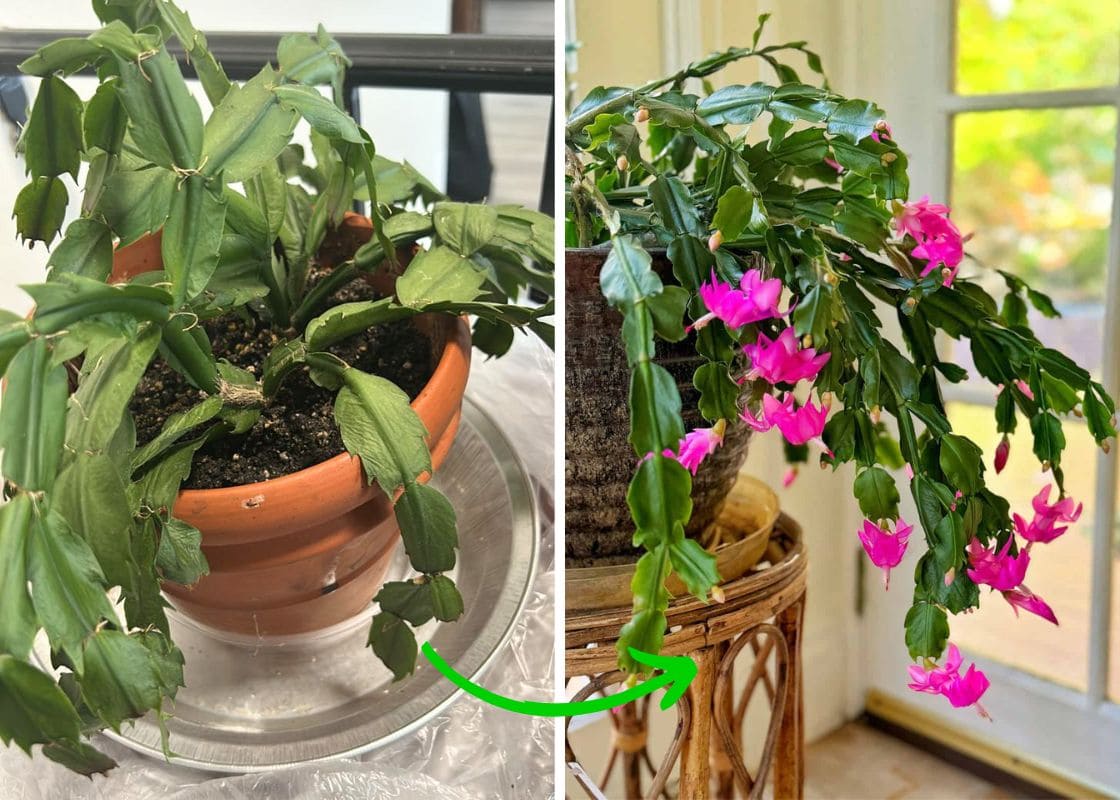You are lucky not to face any raccoon troubles. Their dexterous paws and keen sense of smell enable them to access even the most well-protected areas of your garden.
These clever, nocturnal animals can cause significant damage to gardens, overturning plants and raiding crops to seek for food.
Over the years, I’ve learned that while raccoons are intelligent and resourceful, there are natural and effective ways to deter them without using harmful chemicals or traps.
Identifying Raccoon
How to Identify Raccoon
Native to North America, raccoons are adaptable creatures often found in forests, urban areas, and, unfortunately, our gardens.
Their omnivorous diet includes fruits, vegetables, insects, and even small animals, making your garden a buffet.
These nocturnal animals typically live for about 2 to 3 years in the wild, though some can reach up to 5 years with a bit of luck.
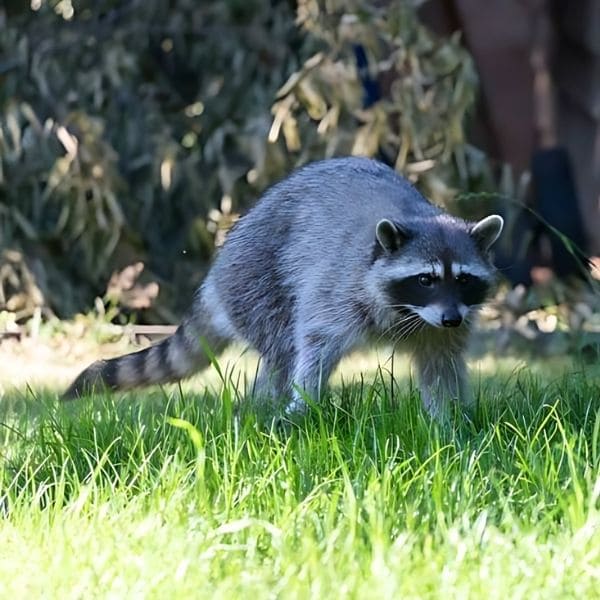
Raccoons are easy to spot with their distinctive black “mask” around their eyes and bushy, ringed tail.
They have dexterous front paws, almost like tiny hands to forage and manipulate objects.
Signs of Raccoon Activity In The Garden
Unlike other animals, raccoon tracks look almost like tiny human hands, with five long fingers. You might find these prints around your garden beds or near any water sources.
Another telltale sign is the presence of droppings. Oh my god, the smell can be quite pungent! Raccoon droppings are usually dark and tubular, sometimes containing bits of undigested food.
If your plants look damaged, particularly with fruits half-eaten or plants uprooted, raccoons are likely the culprits.
Unlike deer, which tend to nibble on foliage, raccoons are messier, often leaving a trail of destruction in their wake.
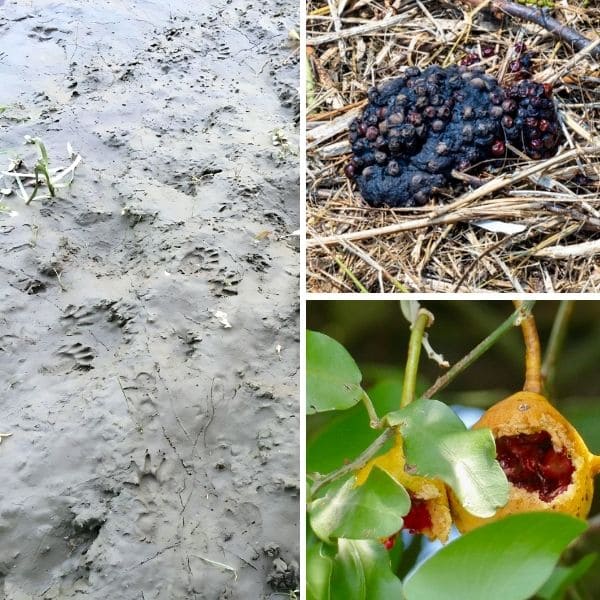
How to Keep Raccoons Out Of Garden Naturally
#1. Companion Planting

Some plants like marigolds, mint, garlic, geraniums, and chives emit strong odors that raccoons find unpleasant. They can also attract beneficial insects.
Last year, I tried a garden layout and found it effective. In the center area, I grew vegetables such as tomatoes, lettuce, carrots and peppers.
Around the entire perimeter, I planted marigolds. Moreover, I put garlic interspersed between the marigolds, especially near the entrances to the garden.
Respectively, I planted chives in small clusters within the vegetable bed, particularly near tomatoes and carrots and mint around the garden.
Finally, to add some colors to the garden, I added geraniums at the four corners of the garden bed.
#2. Applying Natural Repellents
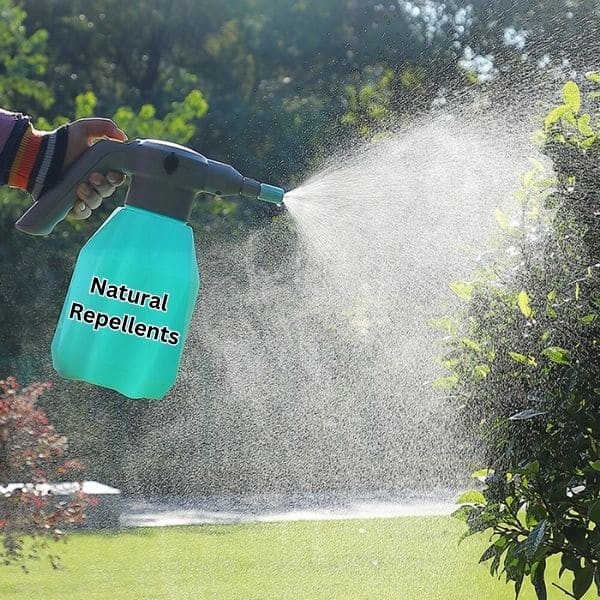
Raccoons hate the scents of garlic and hot pepper. So, you can mix crushed garlic or hot pepper flakes with water and a bit of dish soap, then spray it on plants that need extra protection.
However, you need to reapply after rain or heavy watering to maintain its effectiveness.
These natural repellents are eco-friendly, non-toxic, and inexpensive but they do require frequent reapplication and might not be as potent as chemical repellents.
#3. Using Motion-Activated Sprinkler
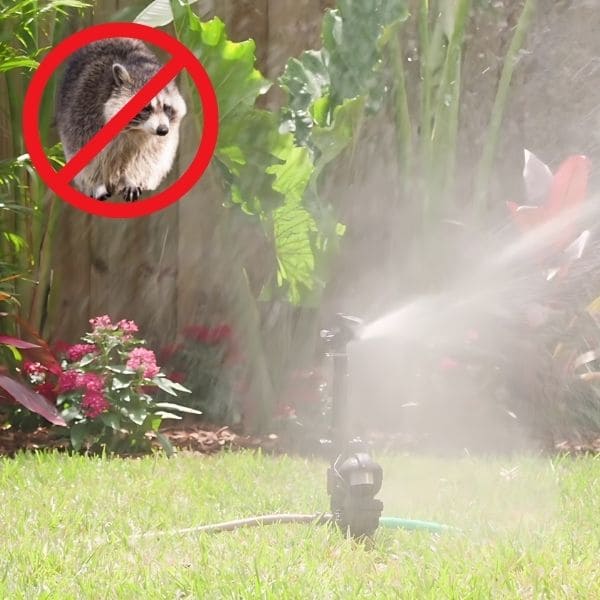
You can place your motion-activated sprinkler at key entry points around the garden, ensuring it has a clear line of sight to detect movement.
Adjusting the sensitivity and range settings helps tailor its effectiveness to your specific needs.
These clever devices work by startling raccoons with a sudden burst of water whenever they get too close. It’s lucky that this method is humane, environmentally friendly, and non-toxic.
#4. Using Physical Barriers
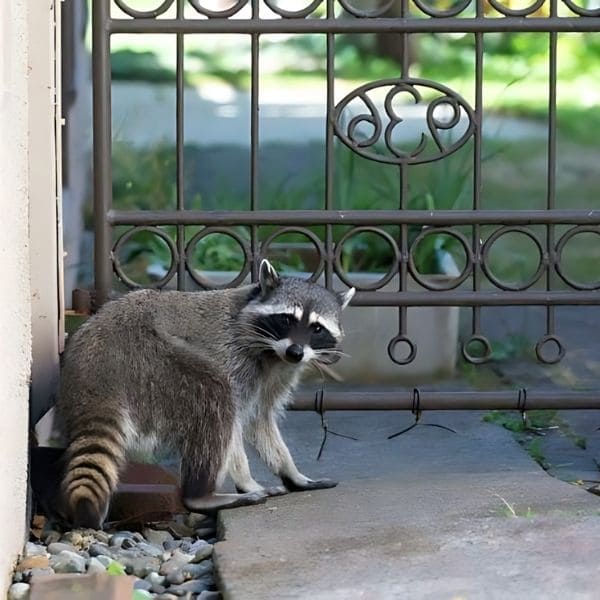
These clever critters are excellent climbers and diggers, so use metal fencing, as it’s durable and raccoon-resistant.
Wood can work too, but make sure it’s high enough at least four feet and bury the bottom a few inches into the ground to prevent digging.
When installing your fence, ensure it has a secure gate that latches tightly. Another tip is to angle the top of the fence outward to make climbing difficult.
You should check your fence weekly for any gaps or weak spots, repairing them immediately.
#5. Applying DIY Solutions
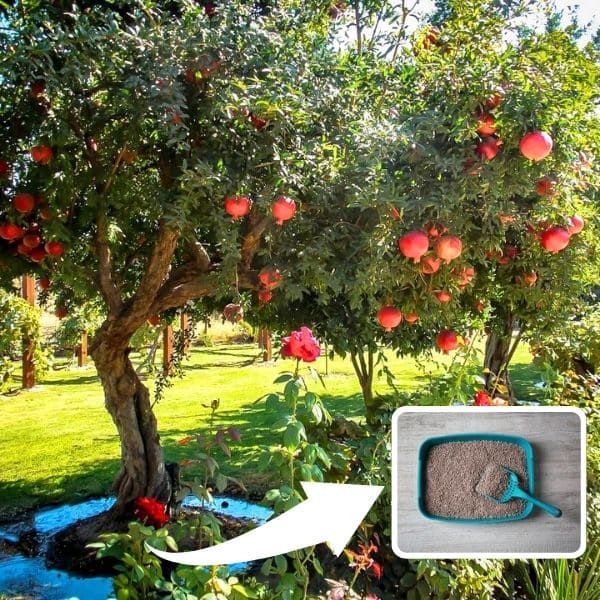
Before, I often used vinegar. Its strong smell is something raccoons detest. I soak rags in vinegar and place them around the garden’s perimeter.
However, I was once facing a particularly persistent raccoon problem. Despite the vinegar, they kept coming back.
That’s when I decided to try using ammonia. I remembered reading that its strong odor could be an effective deterrent.
I gathered some of the litter of my cat, Lucy and placed it in small containers around the garden, particularly under my pomegranate plant.
To avoid any contact with my plants, I put the containers just outside the garden beds and covered them with a bit of soil to keep the smell.
Amazing! Only after 1 day, I didn’t see any raccoon tracks in the garden.
#6. Using Light and Sound

Raccoons are nocturnal creatures and are naturally averse to bright lights, so I installed motion-activated lights around the garden.
Whenever a raccoon ventured near, the sudden burst of light startled them, sending them scurrying away. Fortunately, these lights are easy to set up.
In addition, you can use radios and noise machines to keep raccoons at bay.
Simply put a small radio in a waterproof box and set it to a talk radio station, the constant human chatter discourages raccoons from entering the area.
Noise machines that emit ultrasonic sounds are also effective, as they create a high-pitched noise that raccoons find unpleasant but is inaudible to humans.
#7. Building Raccoon-Proof Structures
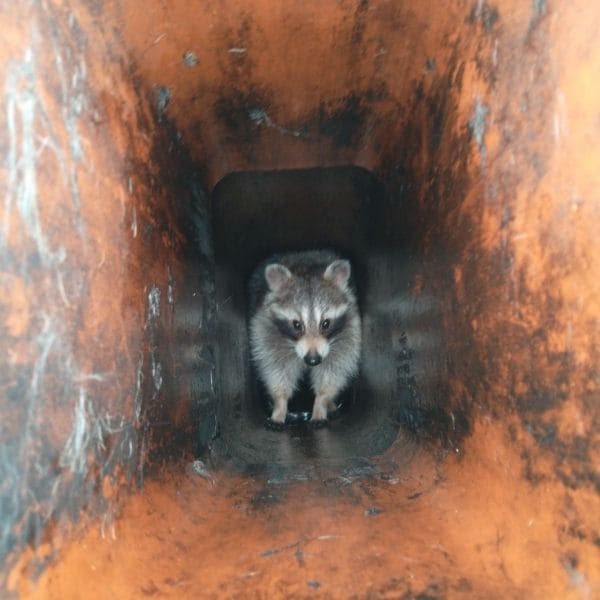
Firstly, you need to construct a raccoon-proof shed for your gardening tools and supplies.
Consider using sturdy materials like metal and reinforced wood, ensuring no gaps or weak points that raccoons could exploit.
Next, reinforce your greenhouse by sealing any small openings and installing metal mesh around the base to prevent raccoons from digging underneath.
#8. Leaving Food Far Away The Garden
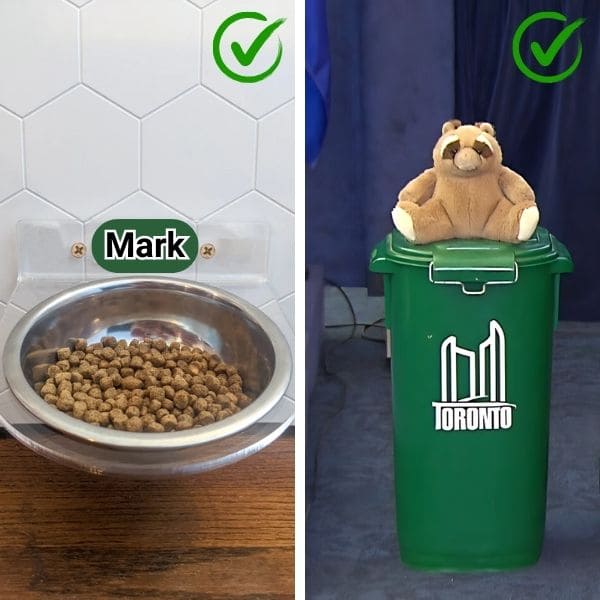
Raccoons are opportunistic feeders, and they’ll be drawn to any easy meal.
If you have pets, try feeding them indoors. If that’s not possible, pick up their food bowls as soon as they’re done eating.
Another tip is to secure your trash. Raccoons have an excellent sense of smell and can easily find their way into garbage cans.
You should use raccoon-proof bins with tight-fitting lids and, if possible, store them in a garage or shed until collection day.
#9. Scattering Blood Meal or Wood Ash
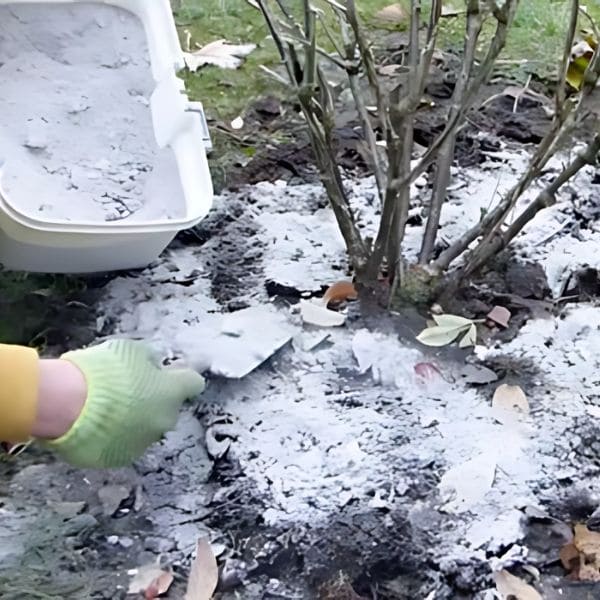
Blood meal, which is a nitrogen-rich fertilizer made from dried animal blood emits a scent that raccoons find off-putting.
Besides, the alkaline nature of wood ash can irritate raccoons’ paws, discouraging them from venturing further. It can also raise the pH of your soil if it tends to be too acidic.
After using my fireplace, collect the ash and spread it in a thin layer around the garden beds.
#10. Keeping The Garden Clean And Tidy
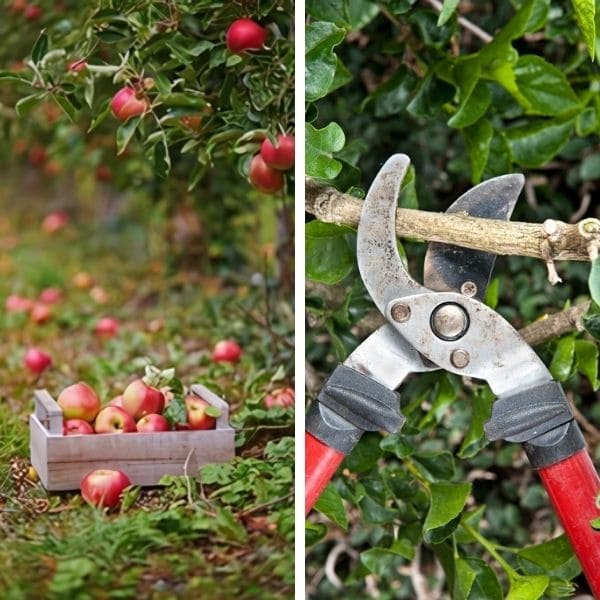
I make it a habit to regularly clean up fallen fruits and vegetables, as these can be irresistible to raccoons.
Prune overgrown plants and bushes to remove potential hiding places as raccoons are less likely to venture into an open, well-kept garden where they feel exposed.
#11. Proper Water Management
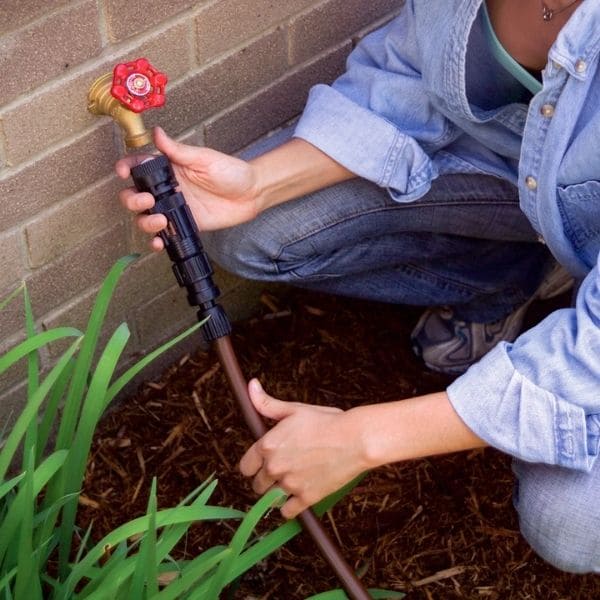
You need to make sure to fix any leaky hoses or faucets promptly. Standing water can attract raccoons, so avoid leaving water dishes or open containers outside overnight.
Instead, use drip irrigation systems to conserve water and minimize pooling that could attract raccoons.
Additionally, you should water plants early in the morning so the garden dries out by nightfall.
#12. Humane Trapping
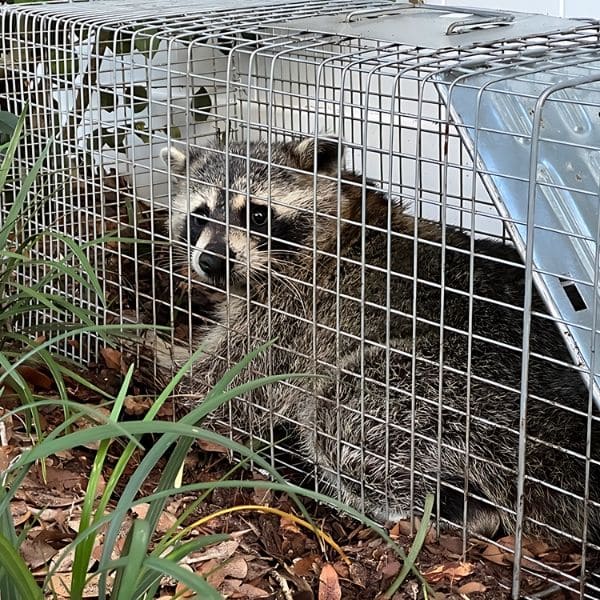
If raccoons become a persistent problem, you should use a live cage trap baited with foods raccoons love, like peanut butter or fruits.
It’s crucial to place the trap where you’ve seen raccoon activity and check it frequently to avoid leaving the animal in distress for too long.
Before relocating, you need to look for local wildlife laws, as some areas have specific regulations about relocating wild animals.
Choose a suitable site at least 10 miles away to prevent the raccoon from finding its way back. Make sure the new location has adequate food and shelter.
